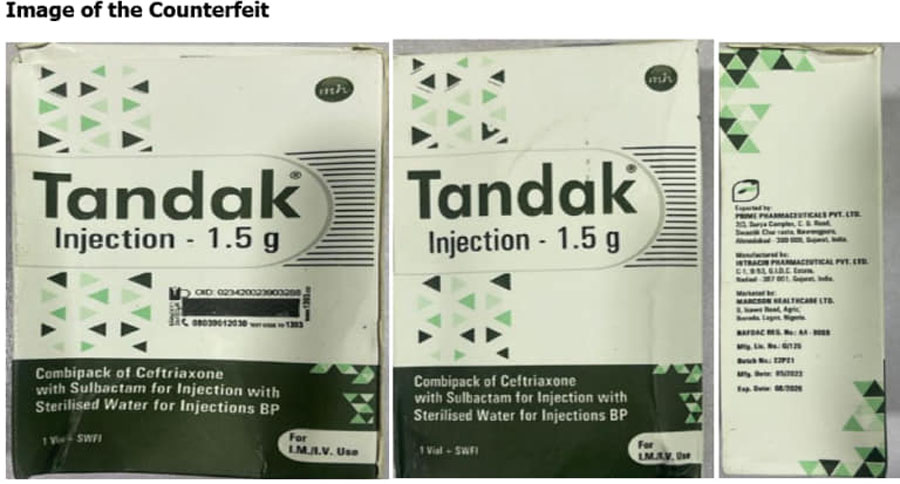The States are: Lagos (13), Ogun (3), Akwa Ibom (2), Anambra (2), Borno (2), Kaduna (2), Rivers (1), Bayelsa (1), Delta (1), Katsina (1), Osun (1) and Taraba (1).
This brings the cumulative number of confirmed cases of Monkeypox since January this year to 349 from 30 states, with seven (7) deaths from Delta (1), Lagos (1), Ondo (1), Akwa Ibom (1), Kogi (1), Taraba (1) and Imo (1), with a Case Fatality Ratio (CFR) of 2 percent.
The NCDC further revealed that overall, since the re-emergence of Monkeypox in September 2017, a total of 575 confirmed cases have been reported, with 15 deaths.
Globally, cases of Monkeypox disease dropped by 20 percent, as of October 17, 2022, according to the bi-weekly situation report from the World Health Organization (WHO).
READ ALSO:
The WHO stated that since January 1, 2022, cases of Monkeypox have been reported from 109 Member States across all 6 regions. Also, as of October 17, 2022, a total of 73,436 laboratory-confirmed cases and 1,094 probable cases, including 29 deaths, have been reported.
It said: “With the exception of countries in West and Central Africa, the ongoing outbreak of Monkeypox continues to primarily affect men who have sex with men who have reported recent sex with one or multiple partners. At present, there is no signal suggesting sustained transmission beyond these networks.
“The number of weekly reported new cases globally has decreased by 20.6 percent in week 41 (10 Oct – 16 Oct), with 2,167 cases, compared to week 40 (03 Oct – 09 Oct), with 2,730 cases. The majority of cases reported in the past four weeks were notified from the Region of the Americas (88.5 per cent) and the European Region (9.2 percent).
“The 10 most affected countries globally are: United States of America (27,128 cases), Brazil (8,621 cases), Spain (7,239 cases), France (4,064 cases), the United Kingdom (3,673 cases), Germany (3,651 cases), Peru (2,785 cases), Colombia (2,730 cases), Mexico (2,147 cases), and Canada (1,410 cases). Together, these countries account for 86.4 percent of the cases reported globally.”
The global health body assessed the global risk of Monkeypox as moderate. Regionally, WHO assessed the risk in the European region and the region of the Americas as high, and moderate in the African region, Eastern Mediterranean region, and the South-East Asia region. The risk in the Western Pacific region is assessed as low-moderate.
The Nation





































